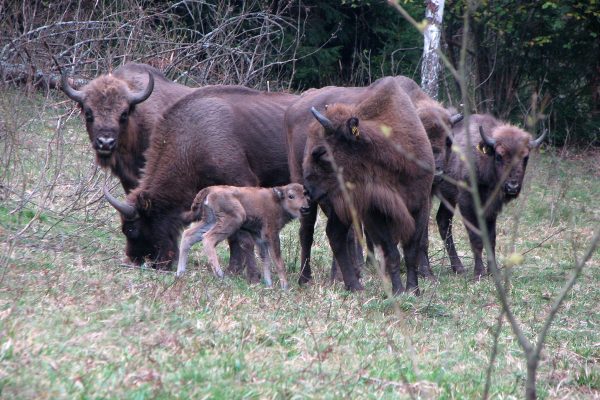
Whenever we think of bison, we often think of out West or maybe the Buffalo Bills. But did you know that Europe once had large herds of bison too?
Throughout history, the European bison’s range encompassed much of the lowlands of northern Europe. According to the Natural History Museum in the U.K., “In the early twentieth century, the European bison, or wisent, was nearly driven to extinction. The animals were hunted so extensively that they only survived, thanks to a small number of captive individuals in zoos.
Over the following century, the animals were bred and released back into the wild across much of eastern Europe, with further reintroductions having taken place more recently in the west of the continent. Wild populations are now found scattered across Poland, Belarus, Denmark, Romania, Germany and France, amongst many other nations.
European bison were once an important part of the landscape in the U.K. The large herbivores are what are known as ecosystem engineers, meaning that as they move through the woodlands in which they live they alter it in ways that can benefit a huge range of other wildlife.”
Now, a baby bison has been born in the wild in the United Kingdom for the first time in thousands of years, according to a news release from Kent Wildlife Trust. Incredible!
“The animals are part of a rewilding project being run by the Kent Wildlife Trust and the Wildwood Trust to see how the large herbivores could help boost biodiversity and play a role in tackling the climate crisis.
Only a few months after they were released into a semi-wild enclosure in southern England, the first European bison to roam the British countryside in thousands of years have given birth to a calf.
Phys gives context for the great news: In July 2022 three female bison were reintroduced to a woodland in Kent as part of a rewilding project that aims to return the forest to a more natural and biodiverse habitat. It is now known that one of these females was already pregnant before being released.
“It is difficult to detect pregnancy in bison as they naturally conceal being in calf to avoid being hunted by predators, it is a survival mechanism,” explains Tom Gibbs, one of the two dedicated Bison Rangers at the Wilder Blean bison project.
“Though it was a surprise to see that the younger female bison had given birth, it was always a possibility, and we have created a care plan for the calf to ensure their needs are met. These animals are wild, so we want to remain as hands-off as possible, but their welfare is at the absolute heart of what we do.”
Smaller than their American counterparts, European bison are better suited to living in the more confined woodlands that once stretched across much of the continent. The bison in this project have been released into a large wild enclosure where they are being monitored to see what impact they have on the woodland.
The baby was discovered in early September, following after its mother went into the forest to give birth in privacy. The healthy addition is doing great, and it’s been seen munching leaves and running with the rest of the herd.
“In the short time since the bison arrived on the land, The Washington Post said, “they have begun transforming the habitat for the better, by carving paths throughout the forest allowing the sunshine to pour in, and fertilizing the soil with their manure, encouraging the growth of herbs, fungi and other species.”
“They create this little microhabitat for reptiles, lichens, rare herbs and fungi,” Director General of Wildwood Trust Paul Whitfield told the newspaper.
According to Whitfield, all “9,000 bison living in Europe are descended from only 12 zoo animals. The calf’s recent birth, he said, is a major step toward growing the population. Bison have a life span of about 15 to 20 years in the wild.”
“In the U.K., we’ve lost almost all our mammals,” he said before adding that Britain has one of the most nature-depleted nations in the world. “We’ve just slowly eaten away at all the wild places. Over time, and through hundreds of O years of hunting, we’ve basically just killed everything.”
Finally, it looks like that’s about to change.
[Read More: Meet The Woman Honoring The Dead By Trying Recipes Etched On Gravestones]


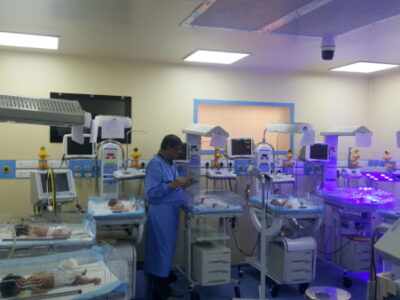
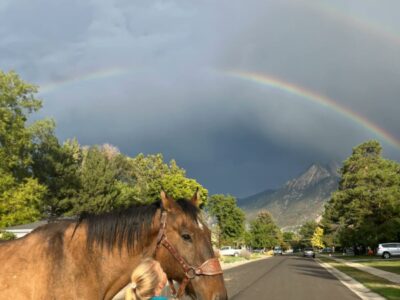

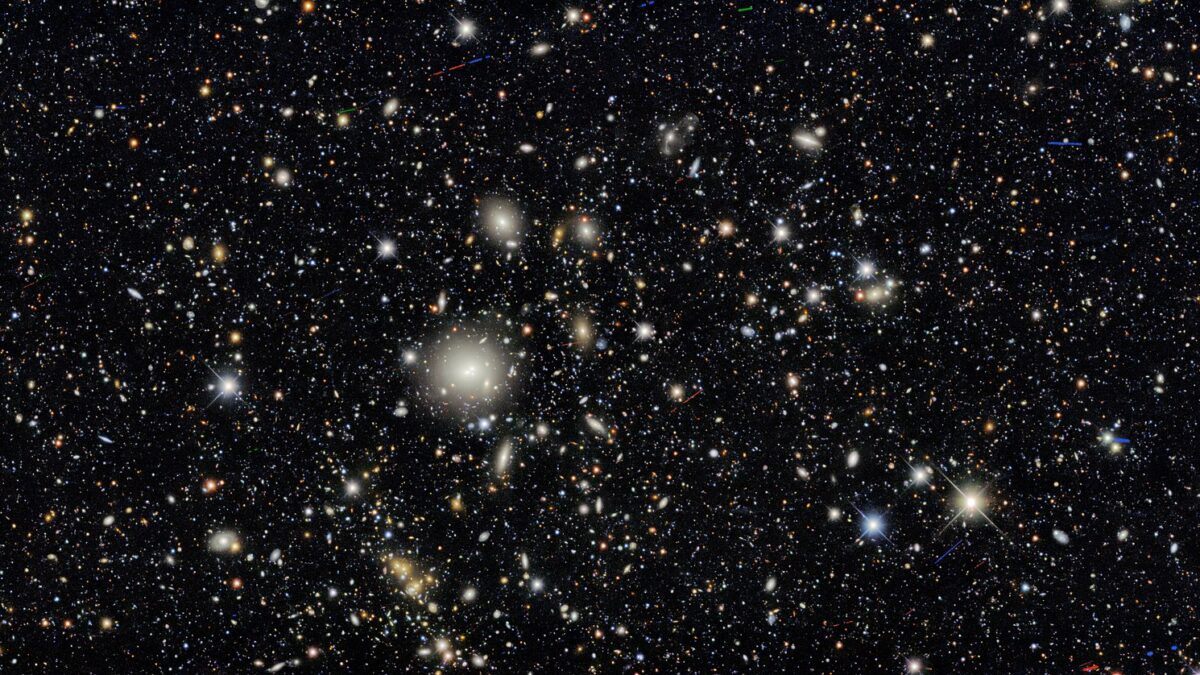
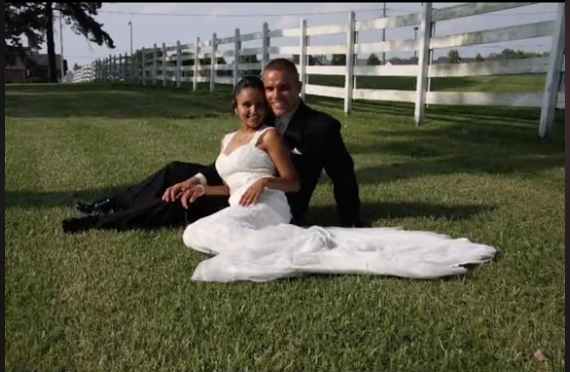
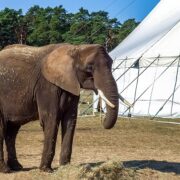
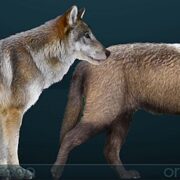
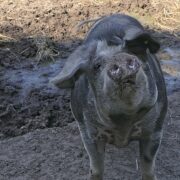
[…] [Read More: European Bison Born In Wild For First Time In THOUSANDS of Years] […]